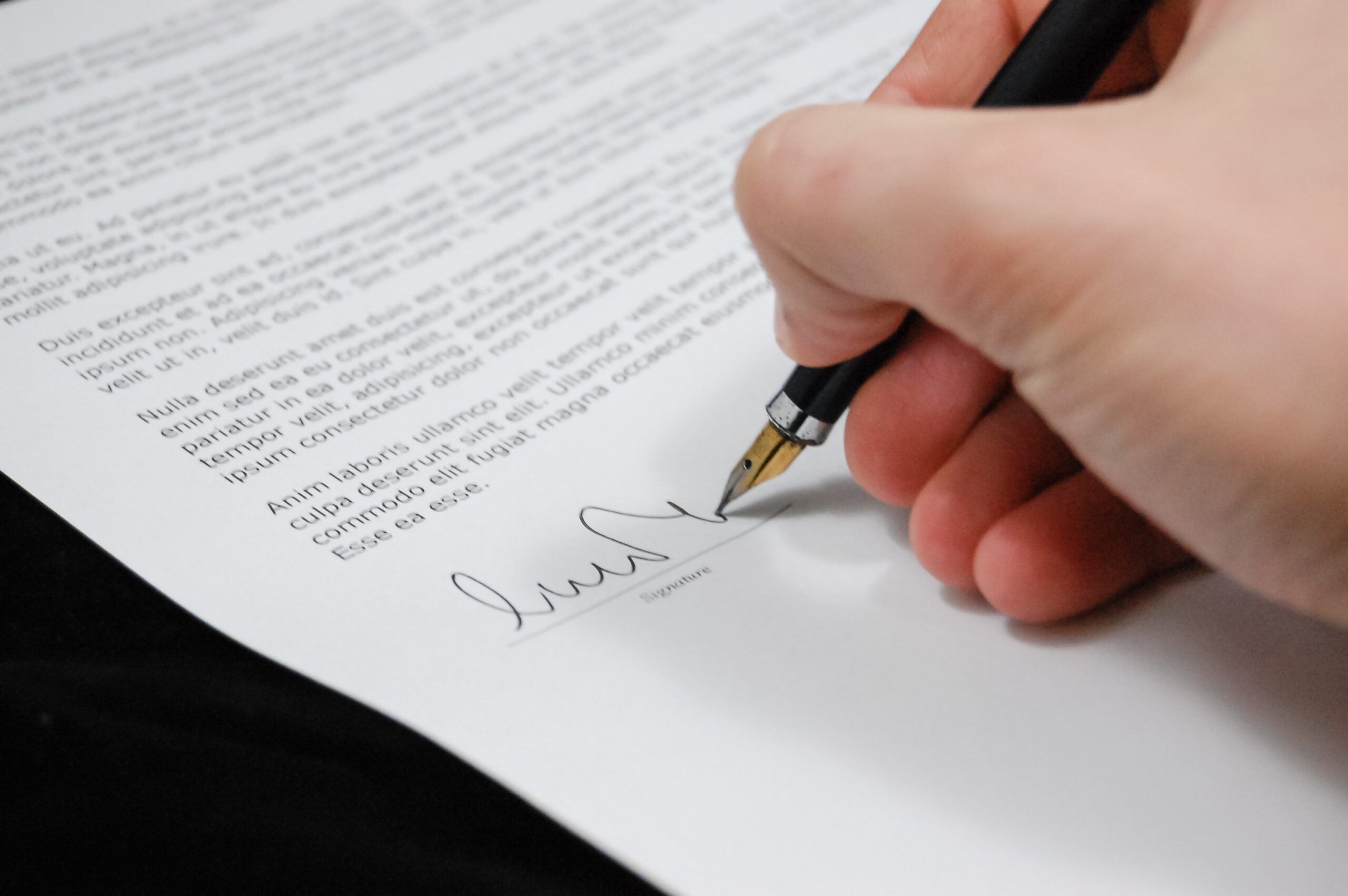Is a family trust the right structure for you?
A family trust, also known as a discretionary trust, is an agreement where a trustee holds assets for beneficiaries, which are normally family members.
A discretionary trust is where the trustee holds the power to distribute income or capital gain between the beneficiaries as they see fit, the amounts are not fixed like they would be in a unit trust. A discretionary trust offers flexibility where family members can be added at any time.
So is a trust right for you? Let’s discuss the pros and cons.
The good
Flexibility Over Distribution
A discretionary trust has the ability to be flexible with where capital gains and income is distributed. The trustee has the freedom to decide what should be done at any moment, in any situation, with the distribution towards the beneficiaries. They are not locked into a fixed amount and can adjust it where they see fit.
Asset Protection
In the unfortunate event of bankruptcy, a discretionary trust offers up potential protection by not allowing creditors to take or lay claim to assets within the trust. Similarly, in the event of a trustee company liquidation, a creditor cannot lay claim to any assets of the company, either.
Simpler Reporting
Due to discretionary trusts nominating beneficiaries, you may be able to streamline some of your reporting. Claiming tax loses, debt deductions and franking credits might be possible due to fact that beneficiaries cannot take advantages of franking credits attached to the dividends of which the trustee receives and then passes onto the beneficiaries.
The bad
No go for some businesses
Trusts are not great for many businesses predominately because of the role of the trustee. If the business was to fall into debt, the trustee would be personally and legally held accountable for its repayment.
The income that the business produces would also be required to be distributed among beneficiaries and not retained by the business. There would also be tax of the highest degree if income still sits in the trust at the end of the financial year.
Can’t Rely on Share of Property
Because the trustee has so much power over the allocations, beneficiaries don’t have much legal standing with property. A trustee can change where allocations go on a whim and the beneficiaries cannot expect the same share to be delivered each time.
Beneficiaries do not have a permanent share in property which can be an unattractive feature of the discretionary trust.
Loss of Ownership
Once the trustee of the trust has been established they then will hold the legal title over the assets within the trust. Not only do you lose legal ownership of the assets, but this also leads to more Capital Gains Tax, also possibly also stamp duty as well as Goods and Services Tax.
Get Advice
It’s important to get the right advice about the structure that will work best for you. Nitschke Nancarrow can help set you and your family up for success with whatever strategy works best to achieve your goals. Contact us now.
The information contained on this article is general in nature and does not take into account your personal situation. You should consider whether the information is appropriate to your needs, and where appropriate, seek professional advice from a financial adviser.
Taxation, legal and other matters referred to on this website are of a general nature only and are based on Nitschke Nancarrow’s interpretation of laws existing at the time and should not be relied upon in place of appropriate professional advice. Those laws may change from time to time.
Nitschke Nancarrow specialises in accounting, tax and financial advice for superannuation. Contact us now for a no obligations discussion about your needs.














